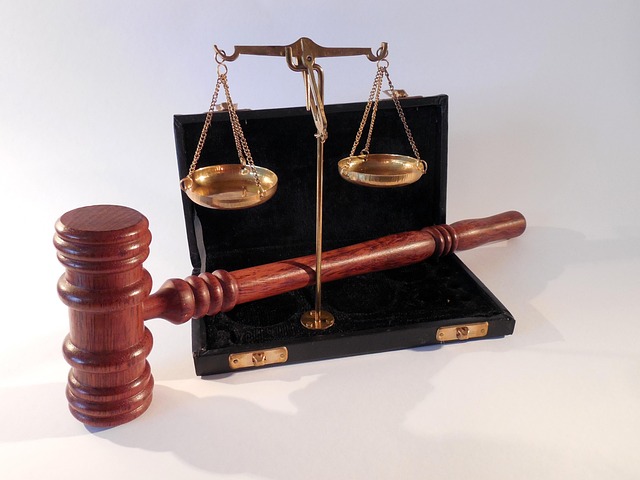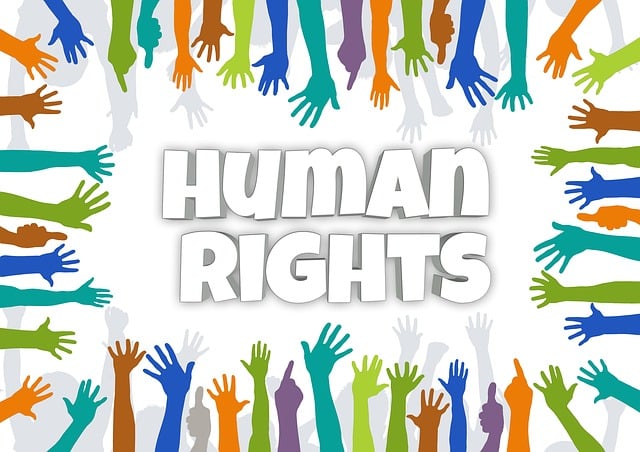Understanding whistleblower rights and protections is key to challenging regulatory agency decisions. By leveraging legal frameworks, individuals can navigate investigative processes, achieve significant results, and foster integrity in public and private sectors. Effective challenge involves meticulous documentation, swift legal engagement, and strategic planning. Success offers remedies like compensation and reinstatement while holding institutions accountable for misconduct.
Whistleblower protection lawsuits are crucial tools for individuals who expose illegal or unethical activities within organizations. In this comprehensive guide, we explore the intricacies of navigating these legal battles. From understanding your rights and proving regulatory agency decision challenges to potential remedies and post-suit strategies, our article offers valuable insights. Learn how to effectively challenge decisions, ensuring justice and reform. Discover steps to take, protections available, and successful advocacy techniques for whistleblowers.
- Understanding Whistleblower Rights and Protections
- Navigating Legal Procedures for Protection Claims
- Key Elements to Prove in a Regulatory Agency Decision Challenge
- Potential Remedies and Relief for Successful Lawsuits
- Strategies for Effective Post-Suit Advocacy
Understanding Whistleblower Rights and Protections
Understanding Whistleblower Rights and Protections is a pivotal step for individuals who wish to challenge Regulatory Agency Decisions. In many jurisdictions, whistleblowers enjoy legal protections that safeguard them from retaliation when they expose unethical or illegal activities within organizations. These rights are designed to encourage citizens to come forward with information that can lead to significant changes, ensuring public safety and accountability.
Whistleblowers have the ability to navigate all stages of the investigative and enforcement process, often leading to achieving extraordinary results. By invoking these protections, individuals can pursue legal action through jury trials, where they present their evidence and seek justice for any harm suffered due to their disclosure. This robust framework encourages integrity in public and private sectors, fostering an environment where misconduct is not tolerated.
Navigating Legal Procedures for Protection Claims
Navigating legal procedures for protection claims under whistleblower laws can be complex. When a whistleblower decides to come forward with information about illegal or unethical activities within an organization, they often face challenging situations, including potential retaliation and even lawsuits from the very entities they are trying to expose. Understanding how to challenge regulatory agency decisions is crucial in these cases.
Whistleblowers must carefully document all evidence, maintain detailed records of their disclosures, and promptly consult with a qualified attorney specializing in either general criminal defense or white-collar defense. These legal experts can guide corporate and individual clients through the intricacies of whistleblower protection laws, ensuring they meet all necessary deadlines and requirements to preserve their rights and claim protections.
Key Elements to Prove in a Regulatory Agency Decision Challenge
When challenging a decision made by a regulatory agency, understanding the key elements to prove is crucial for any successful legal strategy. To effectively contest these decisions, individuals or entities must demonstrate that the agency’s actions were arbitrary, capricious, or an abuse of discretion. This involves scrutinizing the agency’s interpretation of laws and regulations, ensuring compliance with procedural requirements, and evaluating the evidence collected throughout the investigative and enforcement process.
A comprehensive approach to challenging regulatory decisions includes examining whether the agency considered all relevant factors and made a logical connection between the facts and its conclusion. Presenting compelling arguments that contradict the agency’s findings, particularly in cases involving complex legal or scientific issues, can be instrumental in winning challenging defense verdicts. Moreover, understanding how to navigate the legal system and avoiding indictment is essential for achieving favorable outcomes in whistleblower protection lawsuits, ensuring that justice is served while protecting individuals from undue harm.
Potential Remedies and Relief for Successful Lawsuits
Successful whistleblower protection lawsuits can lead to a variety of potential remedies and relief. Individuals who have blown the whistle on unethical practices within their organizations may be entitled to significant compensation for damages suffered, including financial losses, reputational harm, and emotional distress. They may also be eligible for reinstatement or promotion if they were wrongfully terminated for reporting illegal activities. Moreover, whistleblowers can play a crucial role in shaping regulatory agency decisions by providing critical insights and evidence that lead to improved policies and enforcement.
When navigating whistleblower protection lawsuits, understanding how to challenge regulatory agency decisions is essential. This involves thorough legal analysis of the specific circumstances and adherence to procedural requirements. In cases involving white-collar and economic crimes, jury trials can serve as a powerful tool for whistleblowers to present their case and seek justice. A competent general criminal defense attorney can guide whistleblowers through these complex processes, ensuring they receive fair treatment and the relief they are entitled to under the law.
Strategies for Effective Post-Suit Advocacy
After a whistleblower protection lawsuit is filed, the real work begins – post-suit advocacy is crucial in achieving justice and securing favorable outcomes. For his clients, this involves strategic planning to navigate the legal landscape beyond the initial filing. The goal is to not only win the case but also ensure regulatory agency decisions are challenged effectively.
In high-stakes cases, understanding how to challenge regulatory actions is key. This advocacy strategy includes meticulous research into relevant laws and regulations, as well as gathering robust evidence that supports the whistleblower’s claims. By presenting a compelling case, whether through legal briefs or public disclosures, whistleblowers can hold powerful institutions accountable and drive meaningful change.
Whistleblower protection lawsuits are a crucial mechanism for holding organizations accountable and ensuring transparency. By understanding your rights, navigating legal procedures effectively, and proving key elements in challenges to regulatory agency decisions (How to Challenge Regulatory Agency Decisions), you can secure remedies and relief that protect both individuals and the public interest. Post-suit advocacy strategies further reinforce these protections, fostering a culture of integrity and accountability within organizations.






